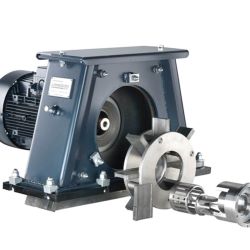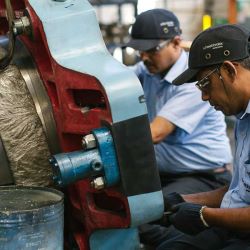Company Profile
For a long time STILL has been one of the leading suppliers of forklift trucks, platform trucks and tractors plus the latest Intralogistics systems. With more than 8,000 employees, 4 production plants, 14 branches in Germany, 17 subsidiary companies abroad, plus a dealer network consisting of 246 dealers wordwide, STILL is successfully active on an international scale.


